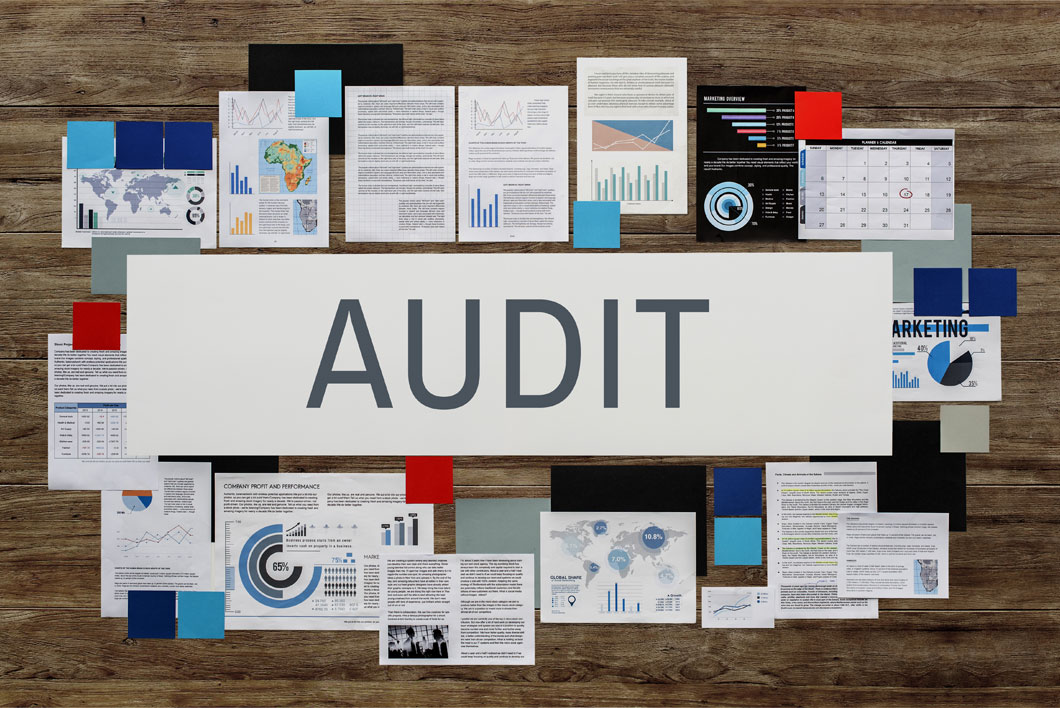Book Appointment Now

The Role of Internal Auditing in Preventing Financial Fraud
- On
- InGuide
Internal auditing involves a systematic evaluation of a company’s internal controls, financial reporting systems, and operational processes. The primary objective is to assess whether these systems are functioning effectively, efficiently, and in compliance with legal and regulatory requirements. Auditors work independently within the organization to identify any discrepancies, weaknesses, or risks that could potentially lead to fraud.
How Internal Auditing Prevents Financial Fraud
1- Detection and Prevention of Irregularities
Internal auditors examine financial records, transactions, and operational procedures to identify potential signs of fraud or financial mismanagement. By regularly reviewing accounting systems and financial transactions, auditors can detect irregularities that could indicate fraudulent activities, such as falsified expenses or unauthorized transfers. These findings allow companies to address issues proactively before they escalate into major problems.
2- Establishing Strong Internal Controls
One of the core functions of internal auditing is to assess the effectiveness of an organization’s internal controls. Internal controls include policies and procedures that are put in place to prevent errors, fraud, and theft. For example, auditors may review procedures related to cash handling, vendor payments, and inventory management. When weaknesses in these controls are found, auditors recommend improvements to mitigate fraud risks. Strong internal controls create an environment of accountability and transparency, making it more difficult for fraudulent activities to go unnoticed.

3- Ensuring Regulatory Compliance
Compliance with laws and regulations is vital in preventing financial fraud, especially in highly regulated industries such as banking, insurance, and government contracting. Internal audits ensure that the company is adhering to local regulations, such as those related to financial reporting, tax laws, and anti-money laundering measures. By staying compliant, businesses minimize the risk of penalties or legal action resulting from fraudulent activities.
4- Providing Independent Assurance
An independent internal audit provides an unbiased and objective assessment of a company’s financial health. This is particularly important in preventing fraud because it allows the auditors to report without interference from management or other stakeholders who may have vested interests in concealing fraudulent activities. The internal audit function provides senior management and the board of directors with assurance that financial records are accurate and that potential risks are being addressed.
5- Promoting a Culture of Integrity
Internal auditing helps foster a corporate culture of integrity and ethical behavior. By identifying fraud risks and recommending solutions, internal audits help create an environment where transparency and accountability are prioritized. This proactive approach not only discourages fraudulent activity but also ensures that ethical practices are embedded into the organization’s daily operations.

Best Practices for Preventing Fraud through Internal Auditing
- Regular and Random Audits: Regular and unannounced audits help ensure ongoing vigilance against fraud. By conducting surprise audits, businesses can prevent fraudsters from exploiting predictable audit schedules.
- Collaboration with External Auditors: Internal auditors often work in tandem with external auditors to provide a comprehensive review of financial activities. External auditors bring an independent perspective that can further enhance fraud prevention efforts.
- Continuous Training and Awareness: Ensuring that both management and employees are aware of fraud risks and how to recognize them is essential. Ongoing training and clear communication about ethical standards help create a fraud-resistant culture.
Excerpt
In today’s business environment, where financial fraud can be devastating to an organization’s reputation and bottom line, internal auditing is more important than ever. By detecting irregularities, strengthening internal controls, monitoring employee activities, ensuring compliance, and providing independent assurance, internal auditors play a key role in preventing fraud.
By investing in strong internal auditing practices, organizations can safeguard their operations, foster ethical business practices, and avoid the costly consequences of financial fraud.
Newsletter Updates
Enter your email address below and subscribe to our newsletter
